Pollen grains are male reproduction units. They are small and formed in the anthers of flowering plants. Abiotic and biotic agents transfer pollen to the receptive site of stigma. Among biotic agents, bees are the most important pollen vectors and have established intimate, interactive relationships with flowers. The pollen grains carry different kinds of nutrients and upon arrival at the receptive stigma, they germinate and continue their growth to the embryo sac in ovary of the flower. Each plant species has evolved a characteristic type of pollen depending on the mode of pollen transport and requirements for pollination process. The pollen characteristics are distinguishable by their outer form, chemical composition and nutrient content. They are useful in paleopalynology and melissopalynology. Paleopalynology refers to the identification of paleontological discoveries while melissopalynology to the identification of geographic and botanical origin of honeys. Morphological charactierstics of pollen such as structure, size, color and form are important in the reconstruction of vegetation, climate of the past and plant diversity. Further, they are key issues in plant taxonomy, evolution and breeding, and in identification of food sources and construction of foraging routes of foragers. Pollen is considered to be a marvelous medium for the growth of fungi and bacteria. Pollen composition varies from species to species. It contains proteins, sugars, starch, amino acids and lipids as major components. The amino acids essential to humans are found to pollen. The polysaccharides such as calloses, pectin, cellulose and lignin sporopollenin are predominant in pollen. Studies show that the pollen on a weight or calorie content basis is rich in protein, fat, minerals and vitamins when compared to the occurrence of such components in foods such as fried chicken, beef, baked beans, apple, raw cabbage, tomatoes, etc. suggesting that pollen is a substantial source of essential nutrients. Pollen is frequently considered as ?the perfect complete food?. Numerous stories exist about the powers of pollen with reference to its nutritional value. One notable story is that high performance athletes eat pollen considering it as a ?miracle food? to enhance their performance like a busy field bee which represents a role model for an active and productive member of society. Recent studies show that pollen improved health, growth and food conversion rates when added to diets of domestic animals and laboratory insects. Pollen is animals and laboratory insects. Pollen is considered as an important ingredient in cosmetic preparations to enhance rejuvenating and nourishing effects for the skin but it should be used with caution because it poses allergy risk for a large percentage of population. Lately, experiments reveal that pollen collected by honeybees reflects environmental pollution levels when examined for metals, heavy metals and radioactivity. In such a case, pollen pellets collected from honeybees form an important tool and also cheaper to monitor environmental pollution. Therefore, pollen is important in a variety of way and is a good subject for study from different perspectives. The available information on pollen and its functions is quite insufficient to understand the relationships between pollen and other life and hence warrants for in-depth studies on pollen. In this volume, 16 papers on different aspects of pollen-spore subject have been included.
Insects and Pollination
$84.60
$94.00

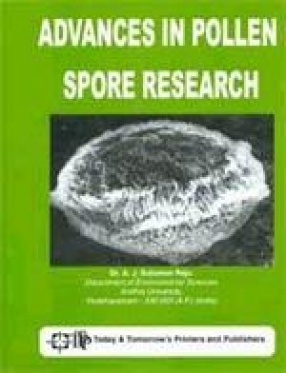
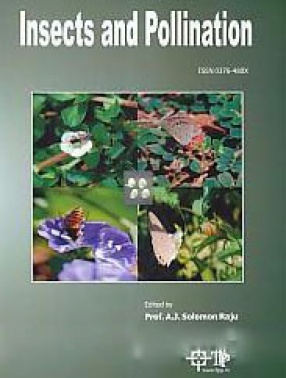
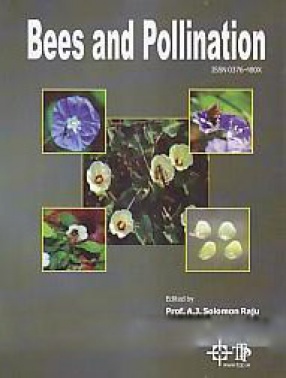
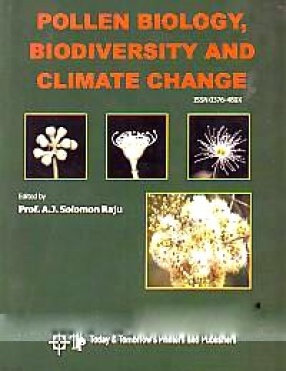
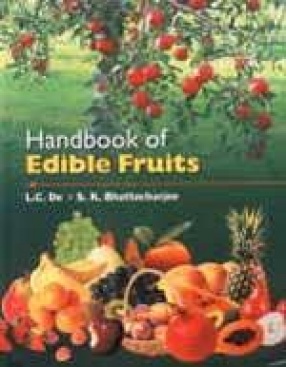
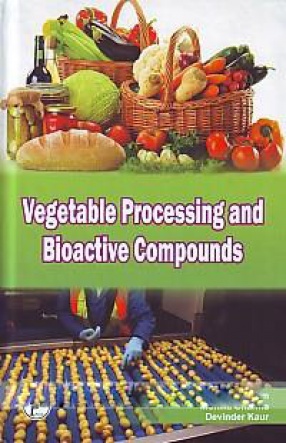
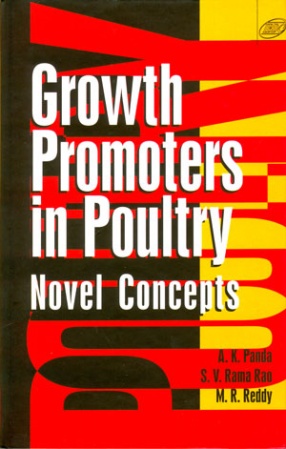
There are no reviews yet.